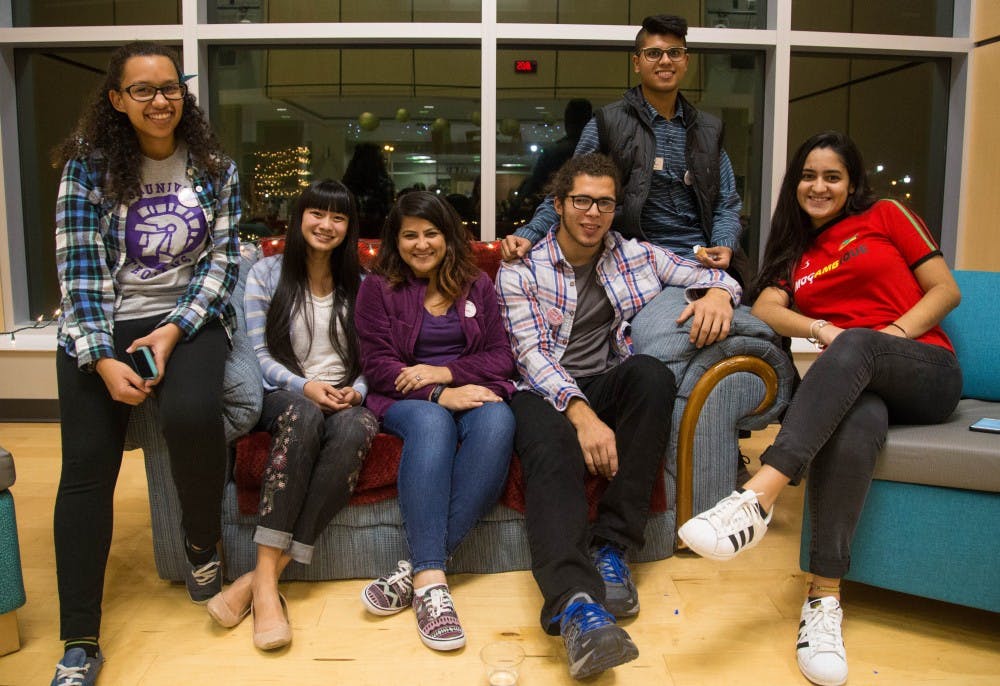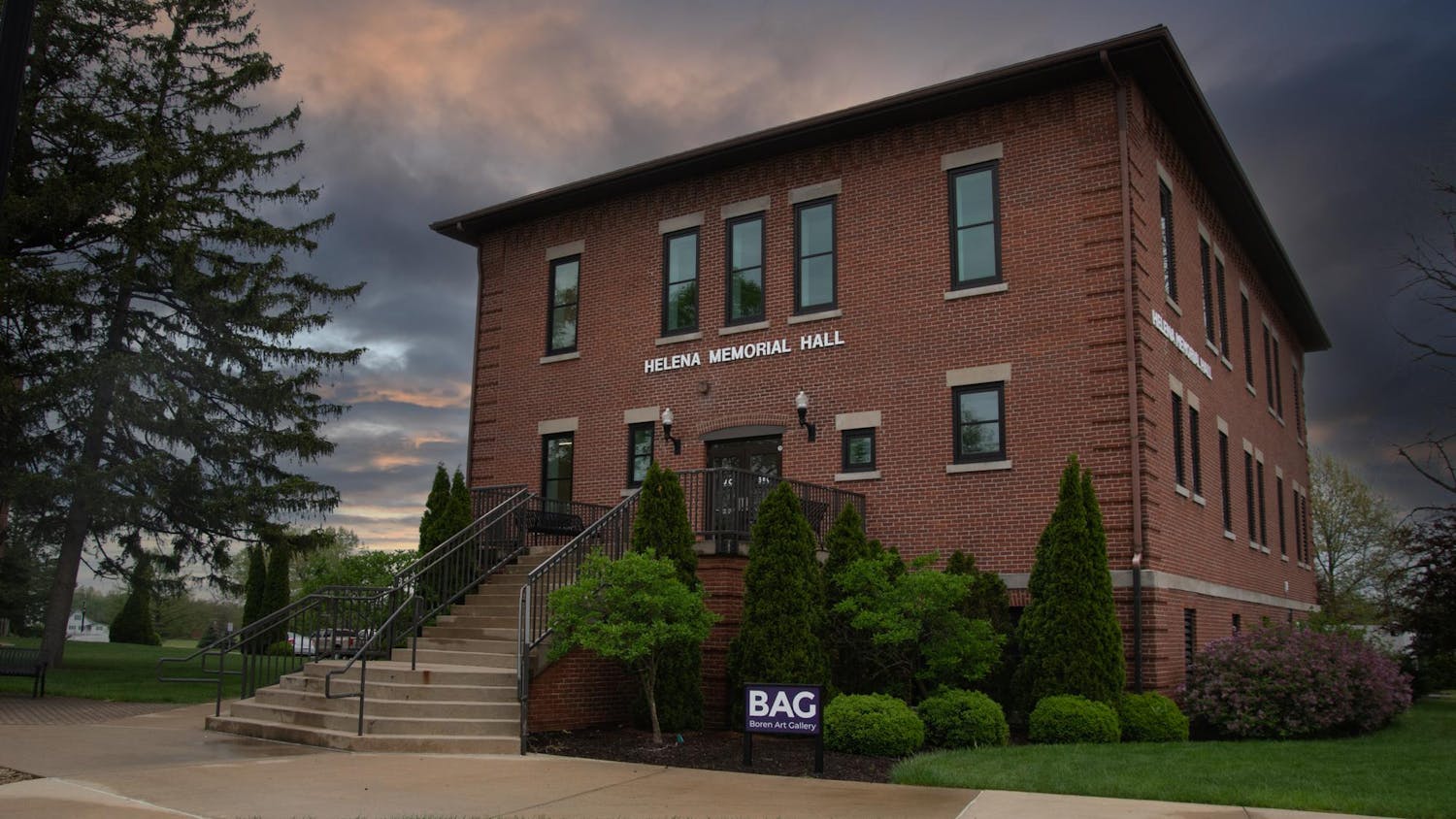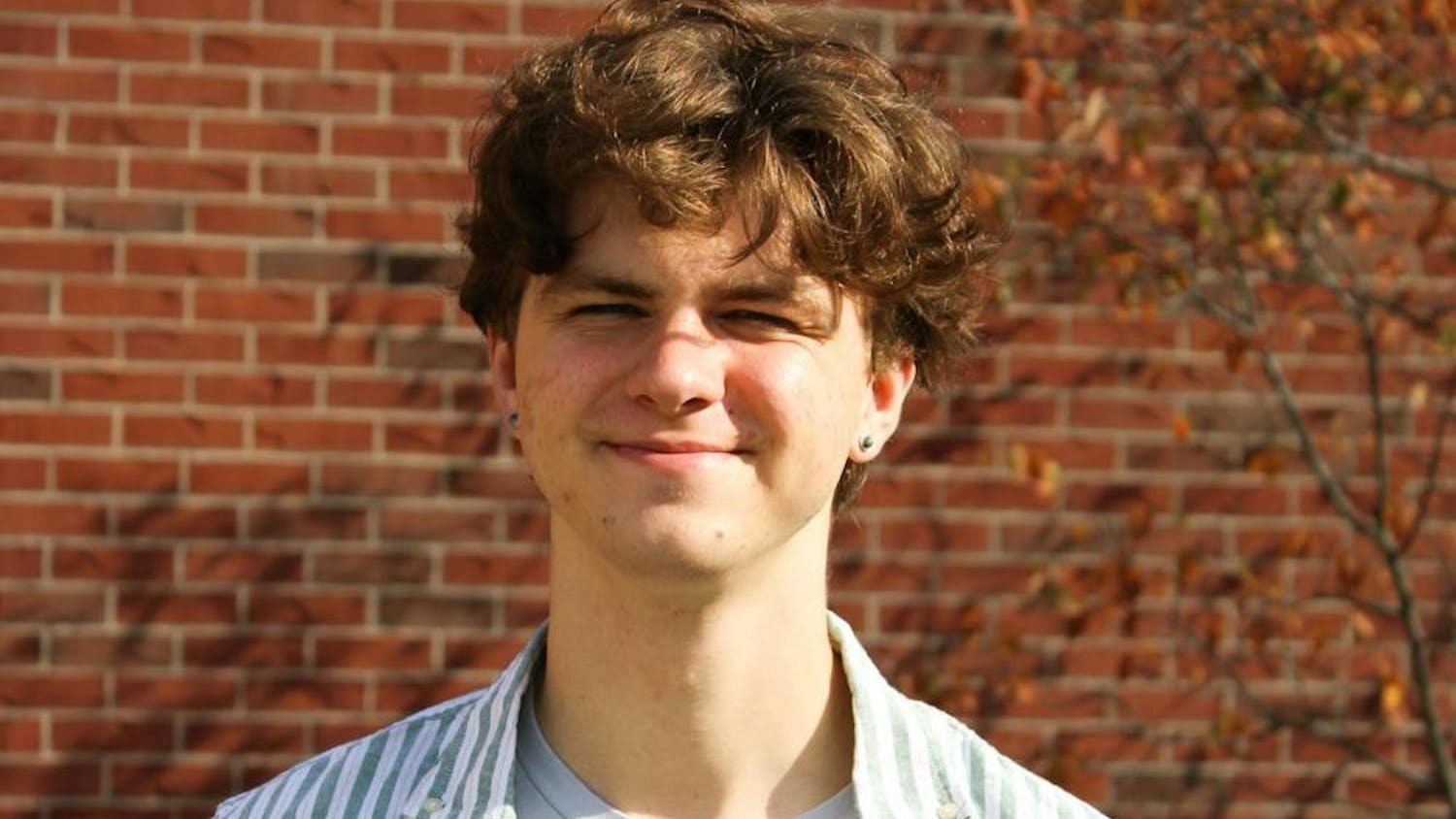By Rylie Harrison & Abigail Roberts | Echo
It is widely considered the most festive time of year.
Christmas is when twinkling lights, tinsel, images of Santa and other flashy decorations cover walls and ceilings. It is the time of year for Christmas songs and a holiday special or two on TV.
What about the rest of the world?
Christina Kim: South Korea
Because Christmas is such a massive piece of the winter season in America, it is hard to imagine it being even slightly toned down. However, according to sophomore Christina Kim, Christmas may be a big deal in South Korea, but not as big as in the United States.For Kim, who grew up in a Christian home, Christmas was always spent in church. She says that most of the hymns the church members would sing were the same songs sung in American churches.
"We sing hymns, but most of them are the same," Kim said. "So, if you sing 'Jingle Bells,' then it would be sung in Korean. Like, all the melodies and all the lyrics are the same, it's just that we sing it in Korean."
Rachel Yan: China
Christmas time in America brings Rudolph, Charlie Brown and several other characters to our living rooms through television specials. Freshman Rachel Yan, who is from China, said television specials are not played where she is from. Yan said while there may be Christmas-themed episodes of existing shows, that is the extent of Christmas on the small screen in China.As for any seasonal music, it is all translations of American songs. In some cases, the songs are not even translated into Chinese, but are sung in English.
"Honestly, 'Jingle Bells' goes both ways," Yan said. "We do English version and Chinese version. People fairly know those kinds of songs because it's so popular here. . . . I think it's probably because of the American movies and the American shows, like we do a lot of that."
Most of the Christmas songs in China are secular. Yan says this is because Christmas is not celebrated as the birth of Christ, but as time for gifts and family.
Becca Williamson: Honduras
In Honduras, there is no traditional art or music for Christmas. The only Christmas music is American music translated into Spanish. Similarly, lights, garlands, wreaths and lawn decorations are not used.Junior Becca Williamson, a missionary kid who lived in Honduras for most of her life, thinks this has to do with the country's economic status.
"When you're focusing on survival and food and stuff like that, you don't have time to develop different arts and music traditions for holidays and stuff because you're more thinking about, 'How are we gonna buy the food that we're gonna have for Christmas?'" Williamson said.
In Honduras, Christmas revolves much more around the family and fellowship at the dinner table.
Daniel Gerber: Ethiopia
"Gena," the Ethiopian celebration of Christmas, falls on Jan. 7 due to their national calendar. As nationals buy new white colored clothing, "our version of snow," as freshman, Daniel Gerber calls it, children stream to the streets banging on sticks covered in bottle tops and singing holiday songs."The adults love it," Gerber said as he remembered singing in the streets as a kid. "They open up their doors, pull out their chairs and listen to them, giving them 'dabo,' Ethiopian bread, and money, a lot of money and a lot of 'dabo.'"Rather than celebrating for just one day, Ethiopian Christmas lasts all week. Part of their holiday sound is the hustle and bustle of the "agora." The marketplace swarms with shoppers buying goats, sheep and specifically chickens for their national dish, "doro wat."
One of their traditional holiday foods, "doro wat" is chicken cooked in an Ethiopian sauce with hard boiled eggs and onions and eaten with "injera," Ethiopian bread. The secret to "doro wat" is the "berbere" spice blend, bright red and spicy hot."In Ethiopia we don't have Christmas trees or lights like here in America," Gerber said. "We also don't give gifts, for us our gifts are our new white clothes, the freedom to sing and dance outside as a kid and the delicious food shared and time with family."
Danya Dean: Bahamas
In the Bahamas, on Christmas day, Dec. 25, extended family gathers to eat a large meal together. They cover the table with dishes such as conch salad, luper, all types of seafood and a traditional dish known as "guava duff," a guava-filled, boiled, spiral dessert.However, the real party begins the day after Christmas, Boxing Day, the minute the clock strikes midnight. Bahamians dressed up in thousands of coordinated costumes fill the streets for "Junkanoo," a vibrant street parade, food festival and carnival all in one. The music, lights and costumes are an art form in and of themselves.
"It is one of the most important things in our culture," said senior Danya Dean. "People spend all year preparing for it."
Dean remembers the year her group's theme was carnival. She went dressed as a concession stand and "rushed" the street for hours. "Rushing" is the unforgettable moment all the participants take to the streets. "Junkanoo" usually goes from 2-10 a.m., proving that Bahamians truly know how to celebrate.





